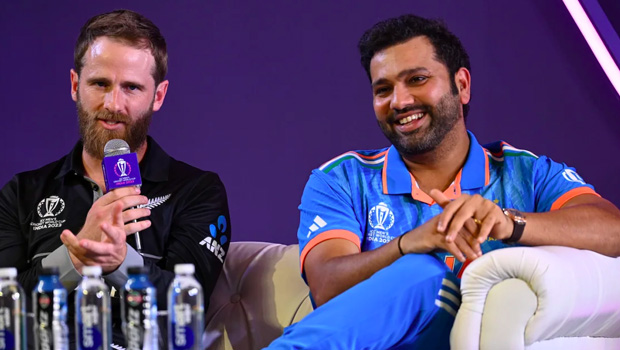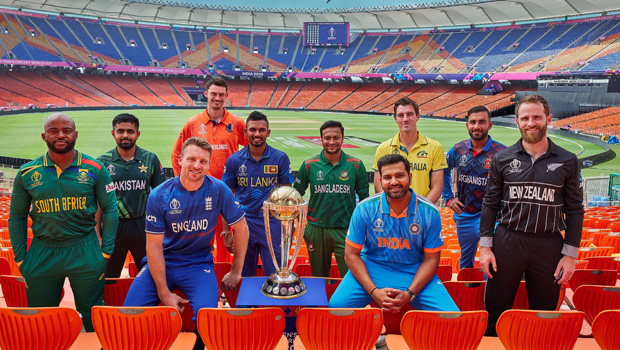There’s life in the old dog yet, but there is no doubting that the ODI format has been shoved aside by the rise of T20 cricket. Here, both cricket boards and players are at fault, but there is no point judging. Cricket remains a business, at its core, and is not a global sport. Cricket exists in its own happy circle of very new countries, which is why the 2023 ODI World Cup has just ten competing teams.
With plenty of speculation about the health of ODIs – just this week the incoming MCC president Mark Nicholas suggested that the game be played only at World Cups – and the rise of so many lucrative T20 leagues around the globe, the future of the format is uncertain. While from a financial perspective it holds plenty of attraction, the ODI format is challenged by the franchise market and a creaking cricket calendar. In specific, the bilateral ODI concept is increasingly appearing an outdated one, with many legends of the game, such as Sachin Tendulkar and Wasim Akram, pondering where ODIs will be in years to come while also suggesting innovations to the game. And right here in these pages, West Indies icon Chris Gayle told this writer that when he was an active player he found ODIs a drag.
The ODI World Cup does, of course, hold a special place in the minds of cricket fans around the world, as well as for a generation of terrific cricketers who might be playing their last World Cup. The likes of Virat Kohli, Rohit Sharma, Steve Smith, David Warner, Kane Williamson, Ben Stokes, Mitchell Starc and Shakib Al Hasan, to name just a few of today’s superstars, will have indelible memories of being attracted to the sport via visuals of past World Cups. But for a certain age of cricketers and fans, their strongest memories of the sport will be T20 cricket, seeing as this has been around for two decades.
How then, does the ICC keep ODIs relevant? Bring back the tri-series and quadrangulars? Have the Champions Trophy every two years? Reintroduce the ICC Super League? There is no straightforward answer.
What we can hope for, as lovers of this great game, is for the 2023 World Cup to be competitive, engaging and commercially successful. The ODI game needs a bumper World Cup, replete with competitive games and spectacular performances and memories that stick.

A cursory glance at the ten teams competing suggests a lack of competitiveness. India, ranked No 1 in ODIs, are one of the favourites based on a terrific home record and a roster of match-winners. Australia, the most successful team in World Cup history, are always going to challenge their opponents when it comes to this tournament. Defending champions England – also T20 World Cup holders – have amazing depth and a mentality that has seen them revamp their cricket to an unforeseen level.
But can you pick a fourth semi-finalist as easily? New Zealand made the last two World Cup semi-finals and always punch above their weight at ICC events. Pakistan blow hot and cold, and their recent Asia Cup campaign is emblematic of their unpredictability. South Africa have a robust middle order, but are missing two pace bowlers and their tendency to combust at World Cups has not been shaken off. Sri Lanka were so average in ODIs that they had to play the World Cup Qualifiers, and now without Wanindu Hasaranga and Dushmantha Chameera are seriously depleted. Bangladesh and Afghanistan can compete, but reaching the final four looks a distant prospect.
Given the number of big-name cricketers who will be playing their final World Cup, four years from now when the tournament returns it will feature very different teams. Will we ever see players of the caliber of Rohit, Kohli, Warner, Smith, Williamson, Stokes, Shakib, Mitchell Starc, Trent Boult, Joe Root and Quinton de Kock again? Players who have individually lit up past World Cups and might do so one final time?
This is why I believe we might be looking at the last relevant ODI World Cup, given the uncertainty around the format’s future and the exodus of a generation of exceptional cricketers, who each had a massive role to play in inspiring others to take up the sport. Where ODIs will be four years from now is anyone’s guess, so let’s enjoy the 2023 World Cup and hope it provides memories to last a lifetime.






















